Class of 2T2: What Made You Want to Become a Doctor?
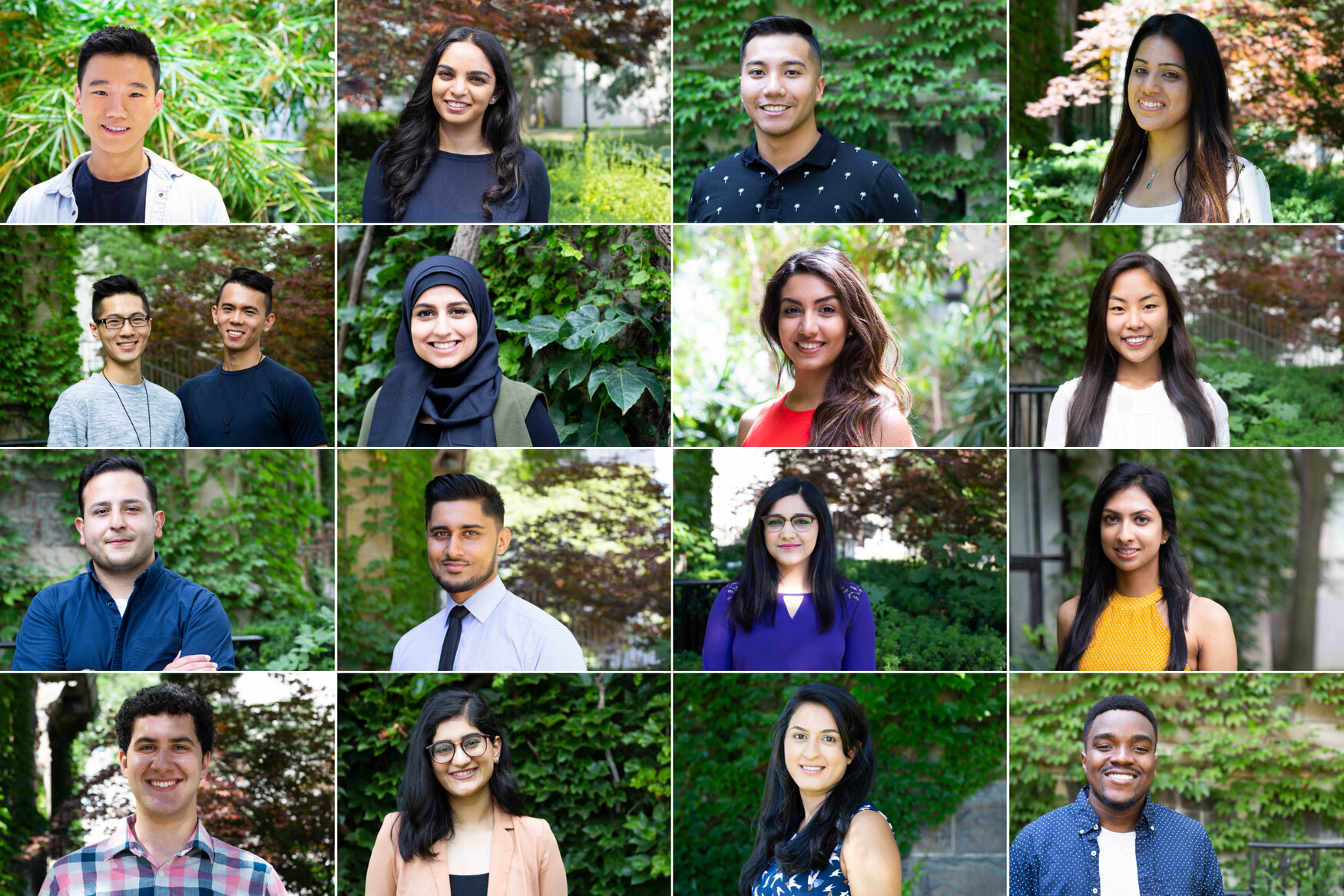
Julia Soudat
As they prepare to start medical school this fall, incoming MD students from the Class of 2T2 reflect on what inspired them to become physicians.
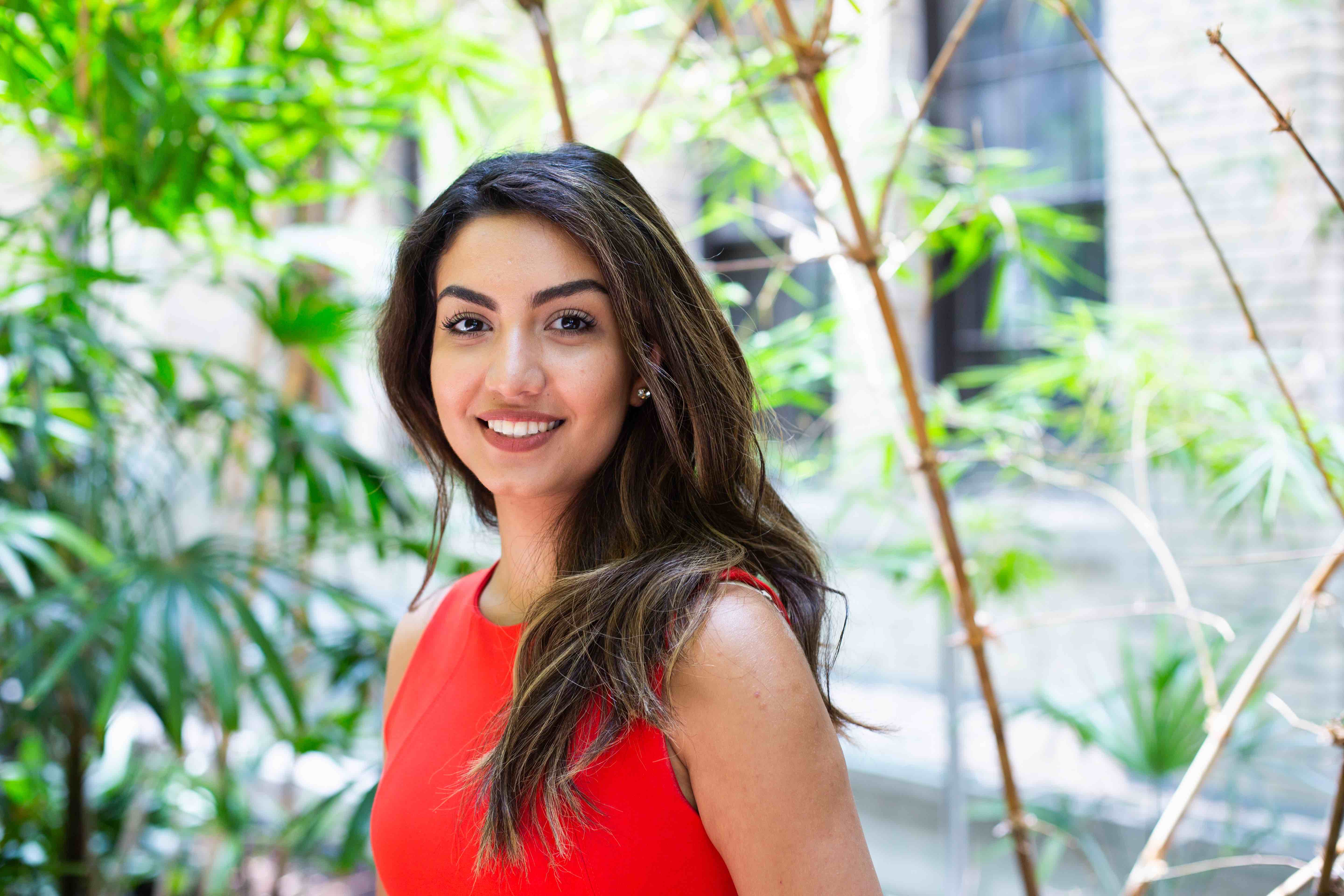
Mahsa Rahmany Rad
When I was ten years old, my mother was diagnosed with breast cancer. I would spend my nights reading medical articles, trying to understand every word written about the disease. Being so young, no matter how much I read, I still could not wrap my mind around my mother's disease. I had no understanding of or appreciation for medical research until I realized it could save my mother's life. My commitment to learning the human body and treatments for breast cancer was what I thought could help save my mother's life. Soon, I realized I enjoyed drowning in the never-ending medical articles and research even after my mother was cured. Taking care of her was a bittersweet experience, yet it showed me how much I enjoyed taking care of people and being the one they can rely on in such vulnerable circumstances.
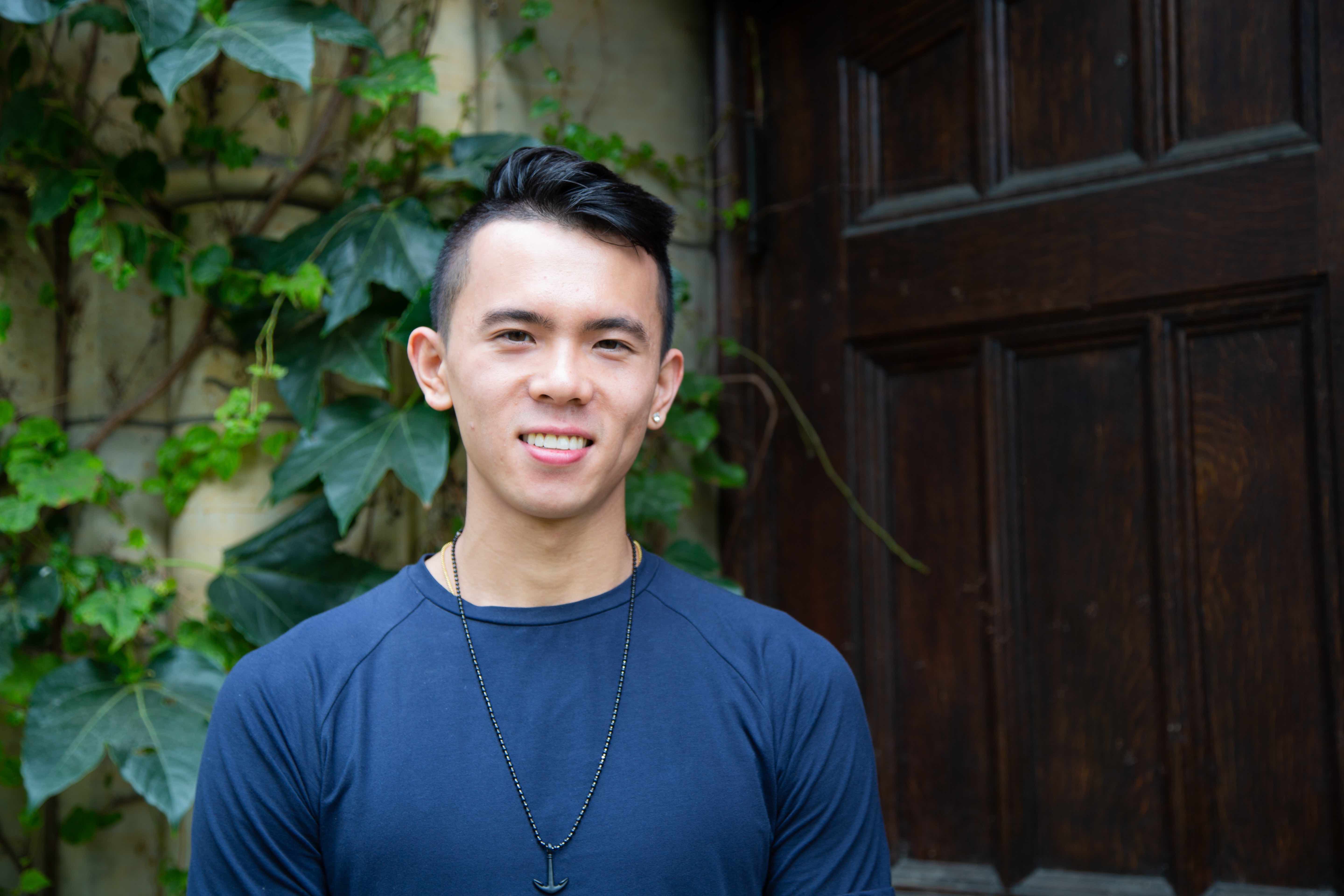
Matthew Sem
In grade 2, my parents gave me an anatomy book for kids and I remember being fascinated by the intricacies of the human body. There was a picture of the forearm with all the veins, arteries and nerves running through it; I recall placing my own forearm next to the diagram and being mesmerized by how much was going on under my own skin. At that moment, I knew I wanted to be a doctor. As my interest in science grew, my passions for mental health advocacy and helping others also expanded and I started volunteering with different vulnerable populations. By the time university rolled around, I knew medicine was my calling.
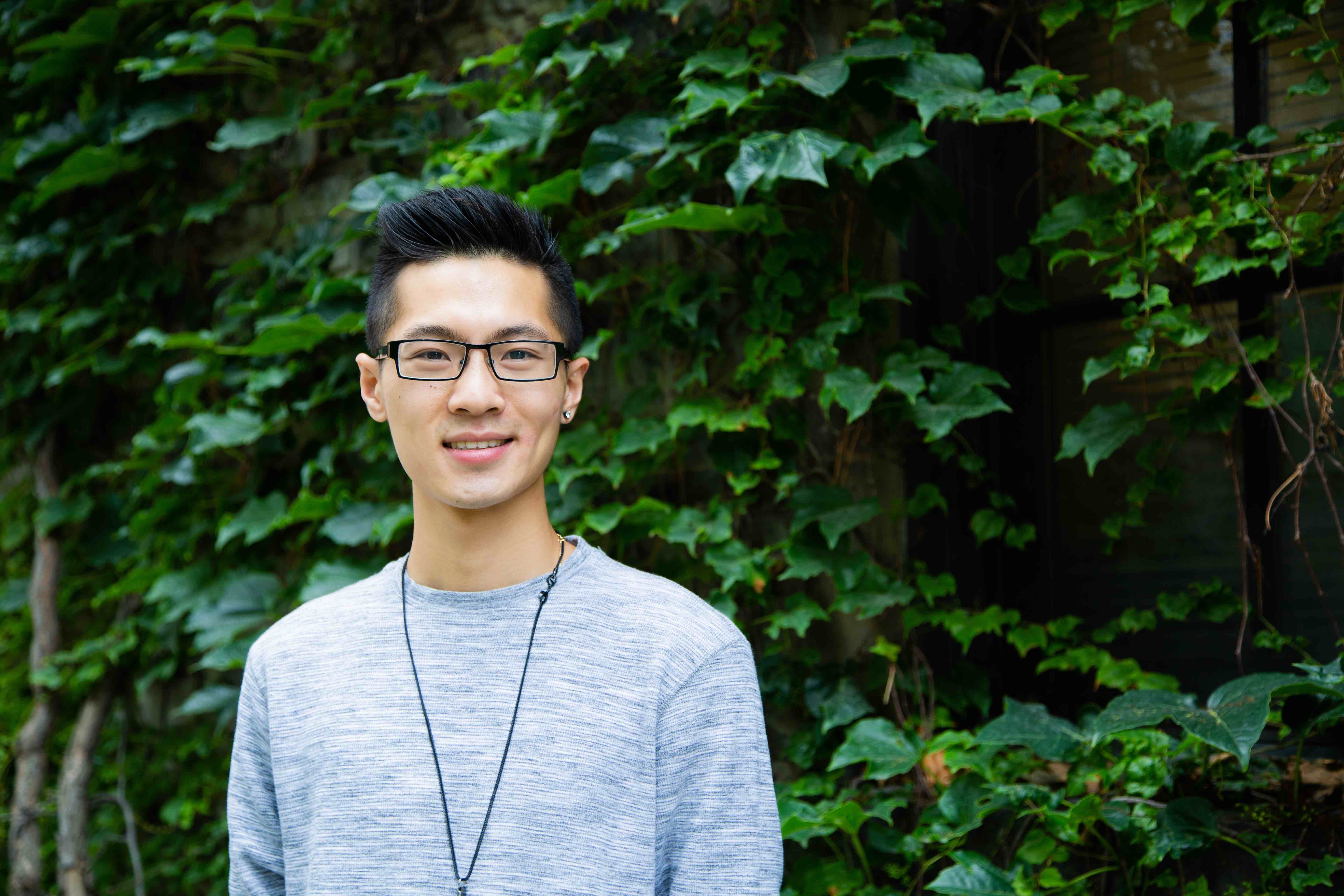
Geoffrey Sem
My decision to become a doctor was cultivated over years of my lived experiences. One pivotal experience was during my role as a youth mentor with the Canadian Centre for Victims of Torture (CCVT). Physicians are advocates, and I was exposed to this firsthand while working with my mentee, a Syrian refugee youth who arrived in Canada several years ago. Since then, I’ve had the privilege of providing mentorship, helping with schoolwork, and strengthening his English literacy skills. One time, I reached out to a psychiatrist from CCVT’s medical team for her help in landing a crucial employment opportunity for my mentee (which he eventually secured!). We worked together to discuss strategies to best support him and explored his career prospects. Witnessing the level of care and compassion she put into her work coupled with the inspiring lessons of struggle, resilience and courage I learned through the stories my mentee shared with me, was a powerful influence on my decision to pursue medicine.
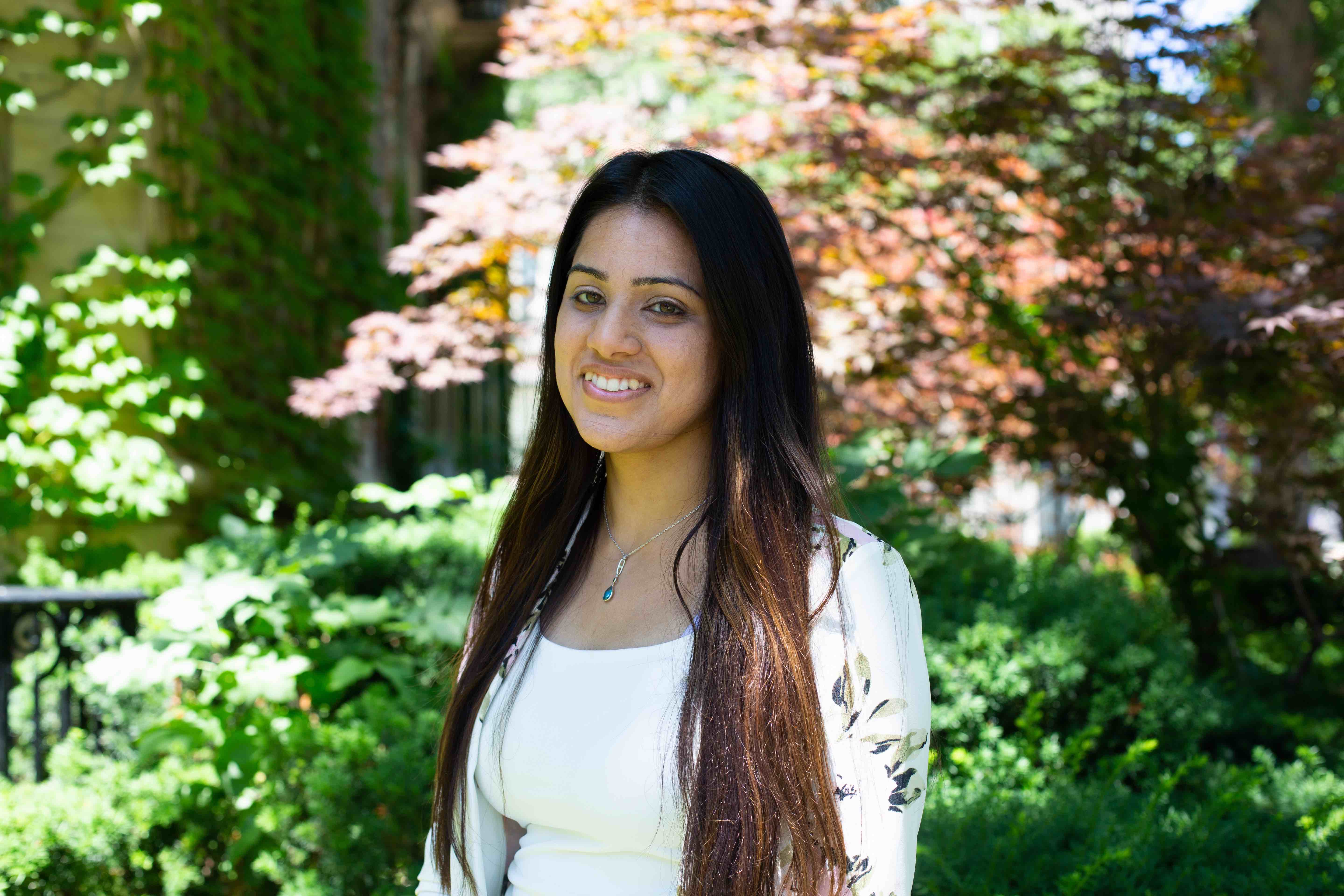
Muskaan Sachdeva
There wasn’t a single defining event in my life that made me decide to pursue a career in medicine. It was a gradual progression from living rural India to exploring my interest in science throughout university. I grew up in an underserved community in India, where I witnessed the limitations of not having an established health care system in my community, waiting for months to see a doctor and traveling long distances with family to visit urban hospitals for basic healthcare needs. I remember my grandparents often discussing if their health condition was “serious enough” to travel that far.
I moved to Kuwait, then Canada - first to Hamilton and then to Thunder Bay. The advanced and easily accessible healthcare systems in Kuwait and Hamilton were a complete contrast to that of rural India and Thunder Bay. Recognizing these disparities, I aspire to work in small communities.
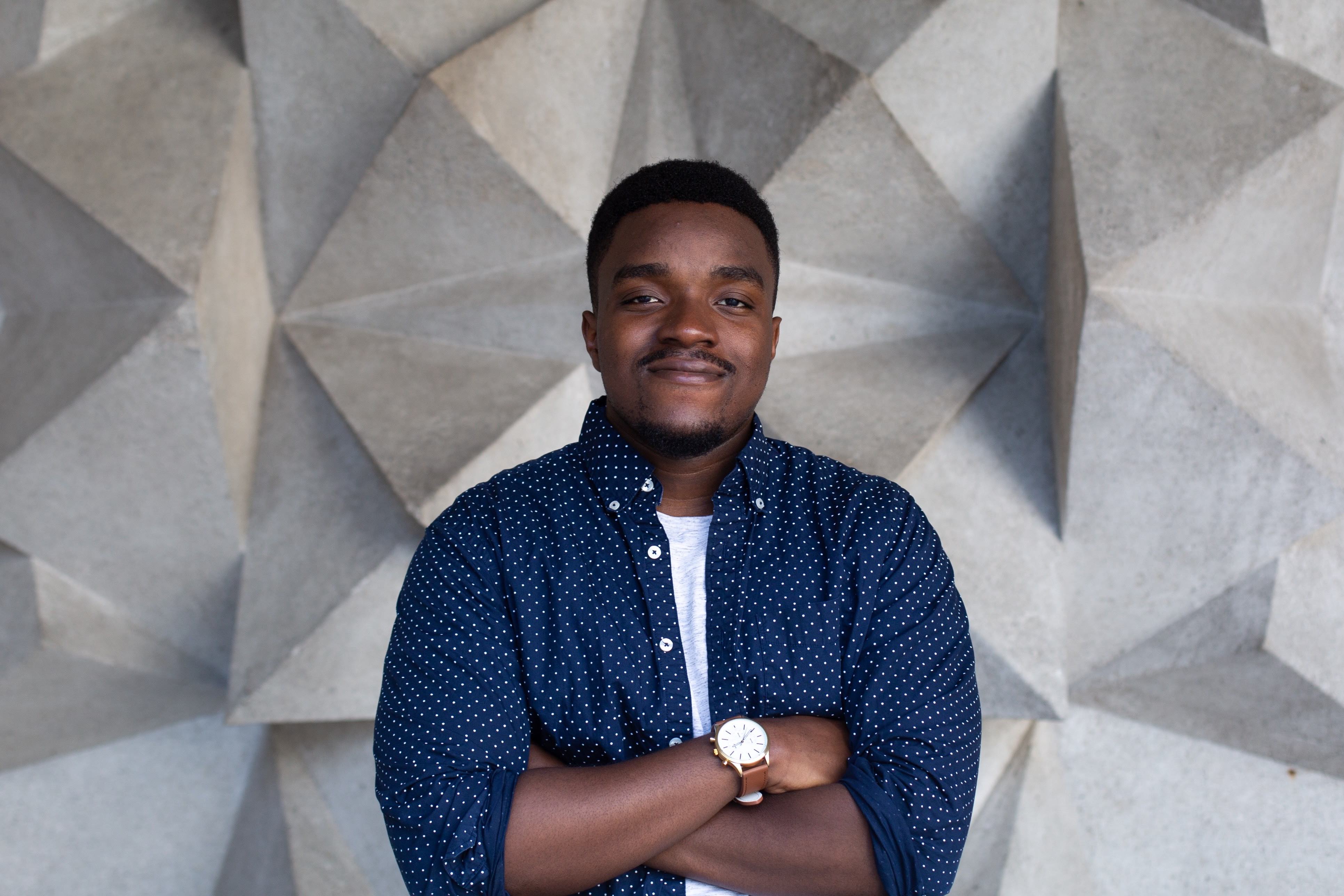
Jude Sanon
I've always loved learning about the human body and the multidimensionality of health. When it came to choosing a career that I would dedicate my life to, there were many factors to consider so it was necessary for me to get first-hand experience. Volunteering and working at the University of Ottawa Heart Institute early on in my undergrad showed me that medicine would provide me with plenty of opportunities to learn how science can positively impact the lives of others. It also gave me exposure to different cases and let me grow as a person thanks to everyday interactions with diverse groups of people. As a Haitian-Canadian, I saw the opportunity to be an advocate for my community and help address social barriers that affect underrepresented populations – like Black Canadians.
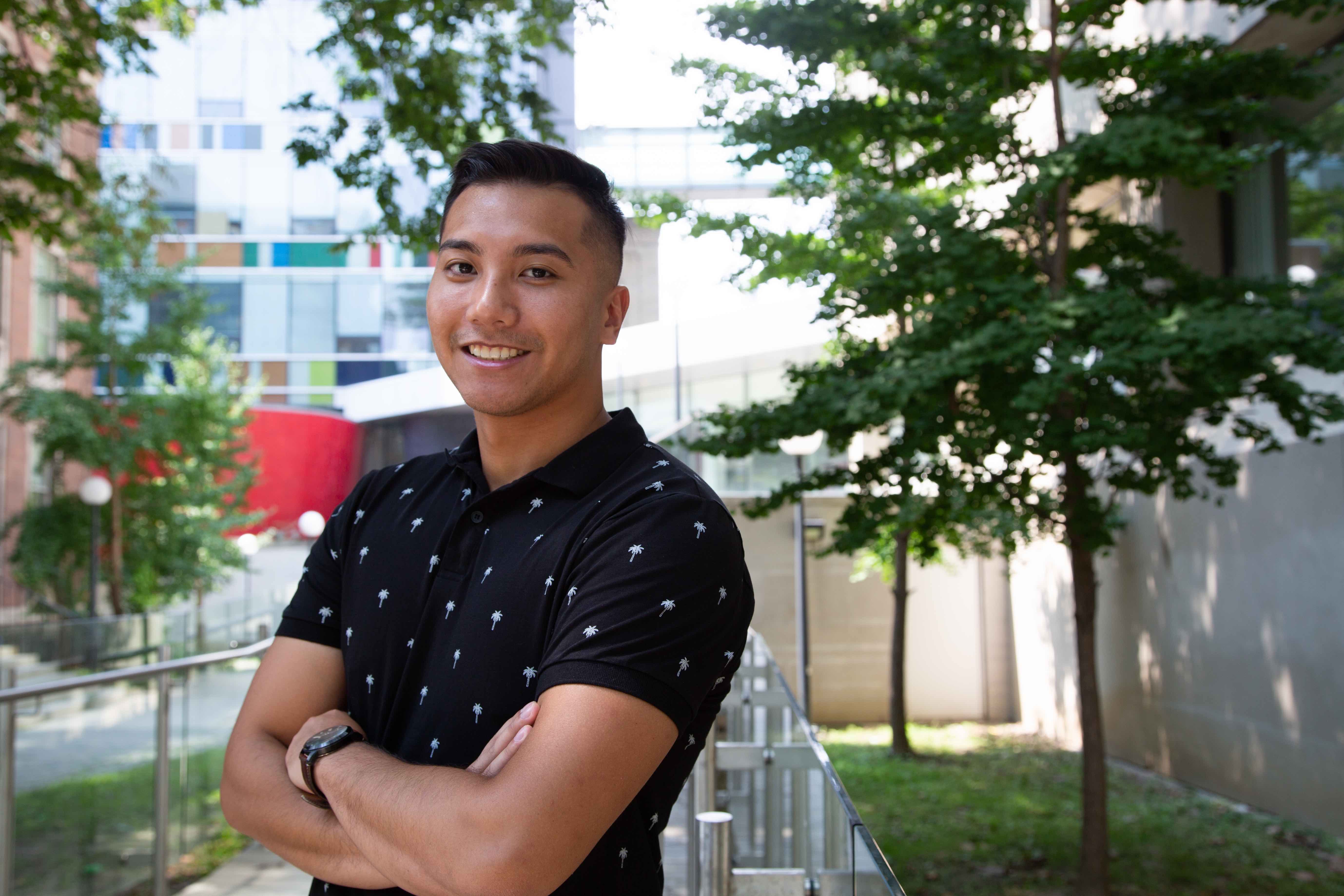
Paolo David
I’ve been interested in health care ever since I was young. As a high school student volunteering at long-term care homes, I was astonished by how much music could improve the morale and cognition of senior residents. This sparked my interest in health as a multifaceted definition, comprising both physical and psychosocial domains. This interest grew even further at McMaster where I fell in love with health sciences, particularly studying anatomy and physiology. I really began to view medicine as something that could offer everything I would want in a career. This was further affirmed in the ICU this year, where I worked with amazing physicians. I was intrigued by the diagnostic dilemmas they faced, the integration of diagnostic imagery and lab work, the reliance on scientific literature, the calmness demanded from patients and families when disclosing information, and the collaborative effort required from the entire unit to provide the highest quality of patient-centred care. I knew immediately I wanted to be a part of that.
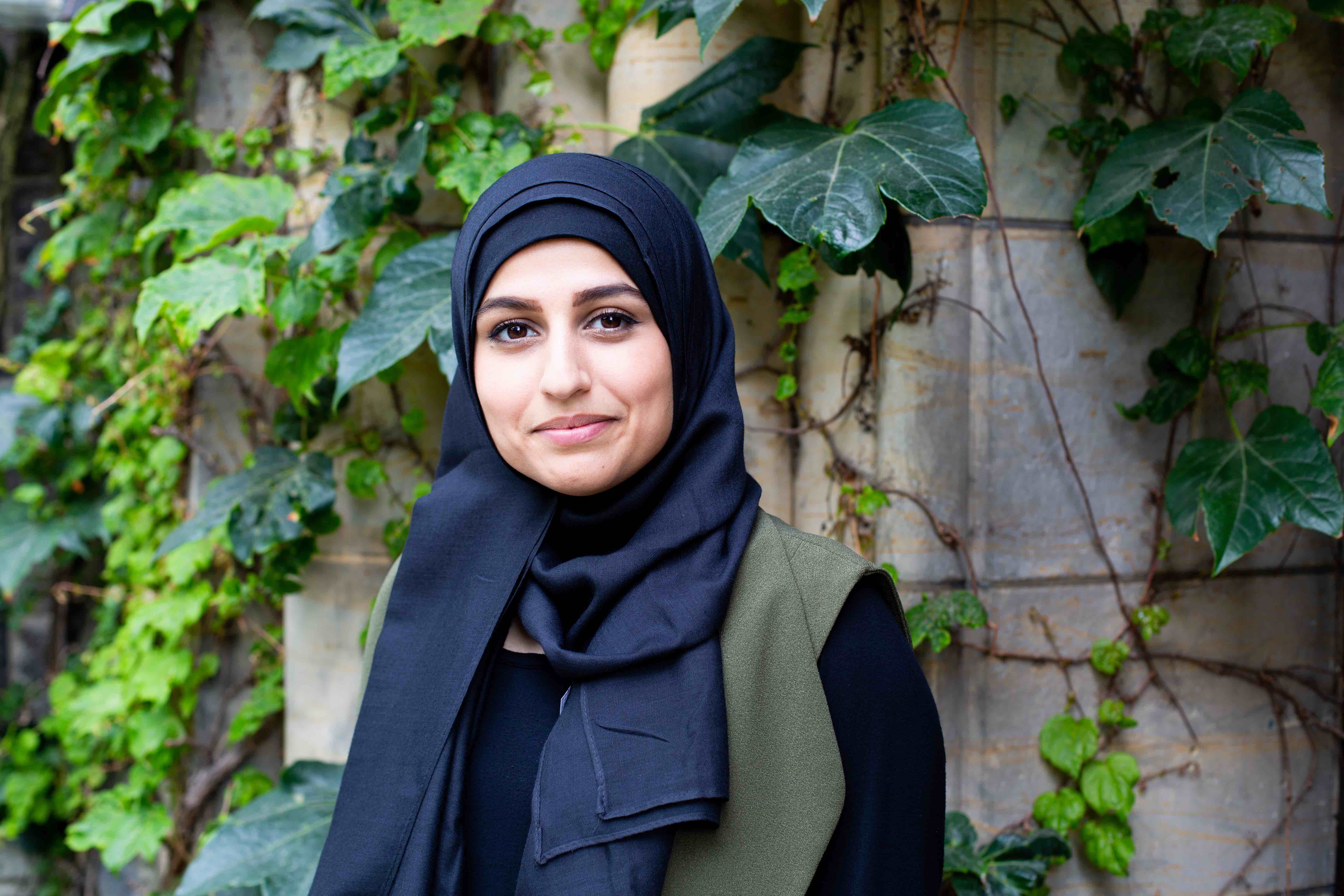
Hira Raheel
Having a sister with special needs, visits to the doctors were all too common. Those visits exposed me to both good and bad experiences with physicians. I realized early on that a good health care provider can make the most difficult situation easier to manage for the patient and their family. To this day, my family remembers all the exceptional doctors who treated my sister. I knew I wanted be a doctor who could make a lasting impact on the lives of my patients.
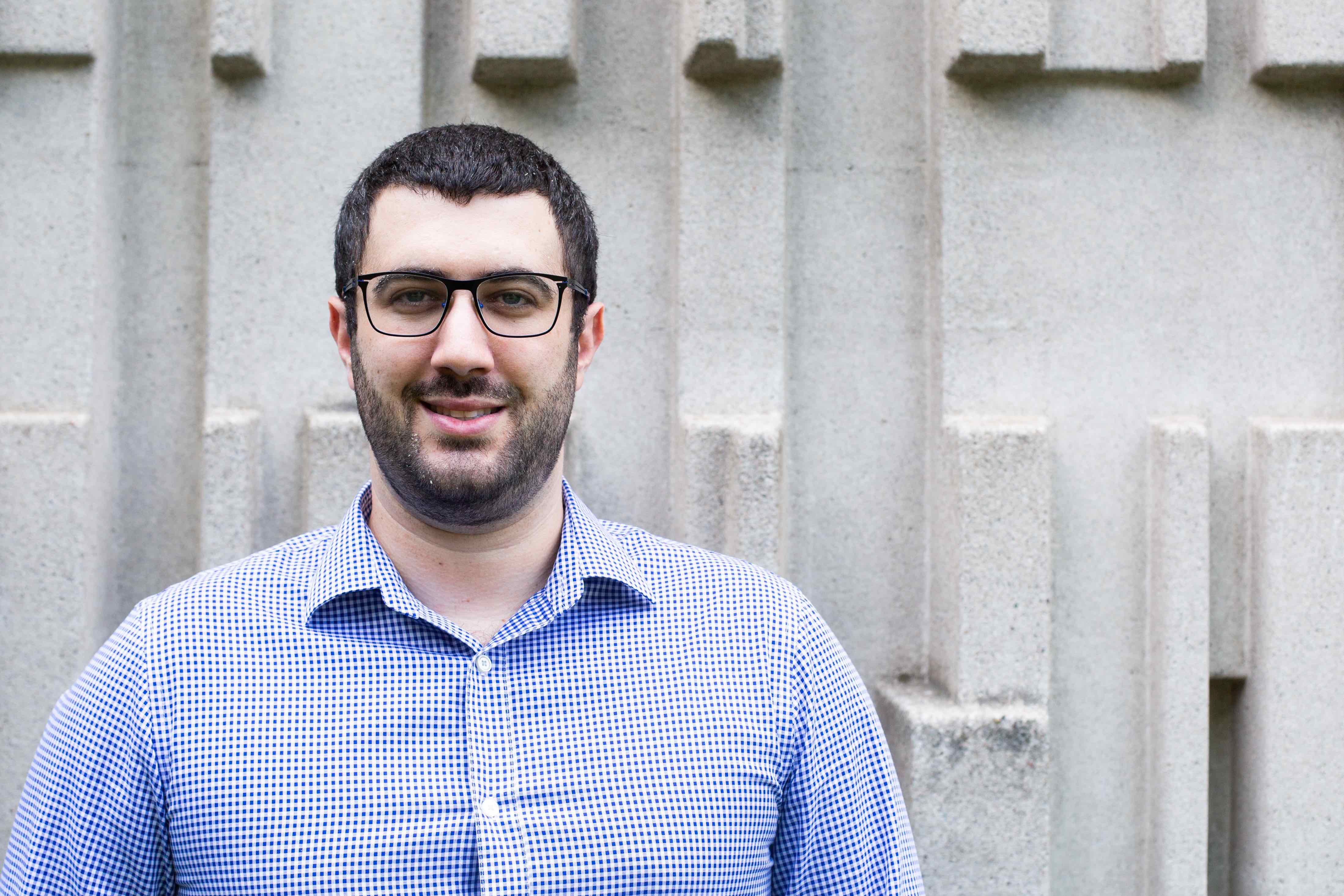
Gill Kazevman
During my military service, I was exposed to the great work that medical teams provide. Seeing them being able to help people and leave lasting positive impact really inspired me to pursue a career in health care. My current role in the system is quite focused, and I only get to see patients at one point of their care. As a physician, I hope to be part of the “bigger picture” – building lasting relationships with patients, following up with them and have a bigger impact on their well-being.
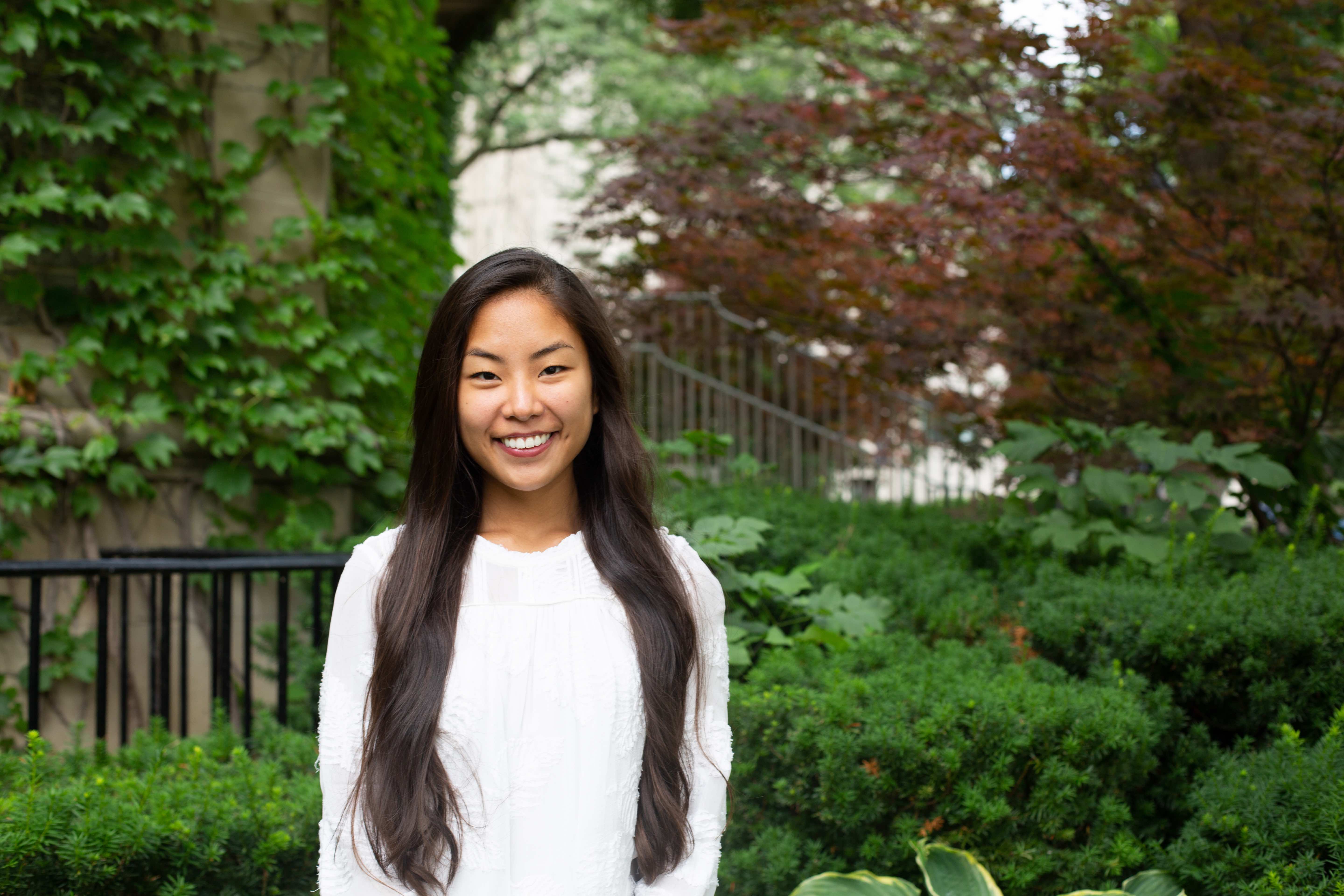
Cindy Kang
I don’t think it was an "aha!" moment for me, but rather a combination of didactic, hands-on, and observational experiences in the sciences, patient care and clinical settings. Since undergrad, I’ve always been interested in human physiology, cell biology and psychology. These disciplines led me to develop an appreciation for the beauty and complexity of the human body and mind. What was even more interesting to me was how we can apply these subjects from the bench to bedside, so I volunteered at various hospitals to experience patient care first-hand, and I loved it. I pursued medical research and shadowing opportunities – I really wanted exposure to all aspects of medicine. I became a research assistant at various hospitals throughout Toronto and shadowed a cardiovascular surgeon at Toronto General Hospital, who showed me what it's really like being a doctor and how rewarding the profession is. That's when I finally knew that it was right for me.
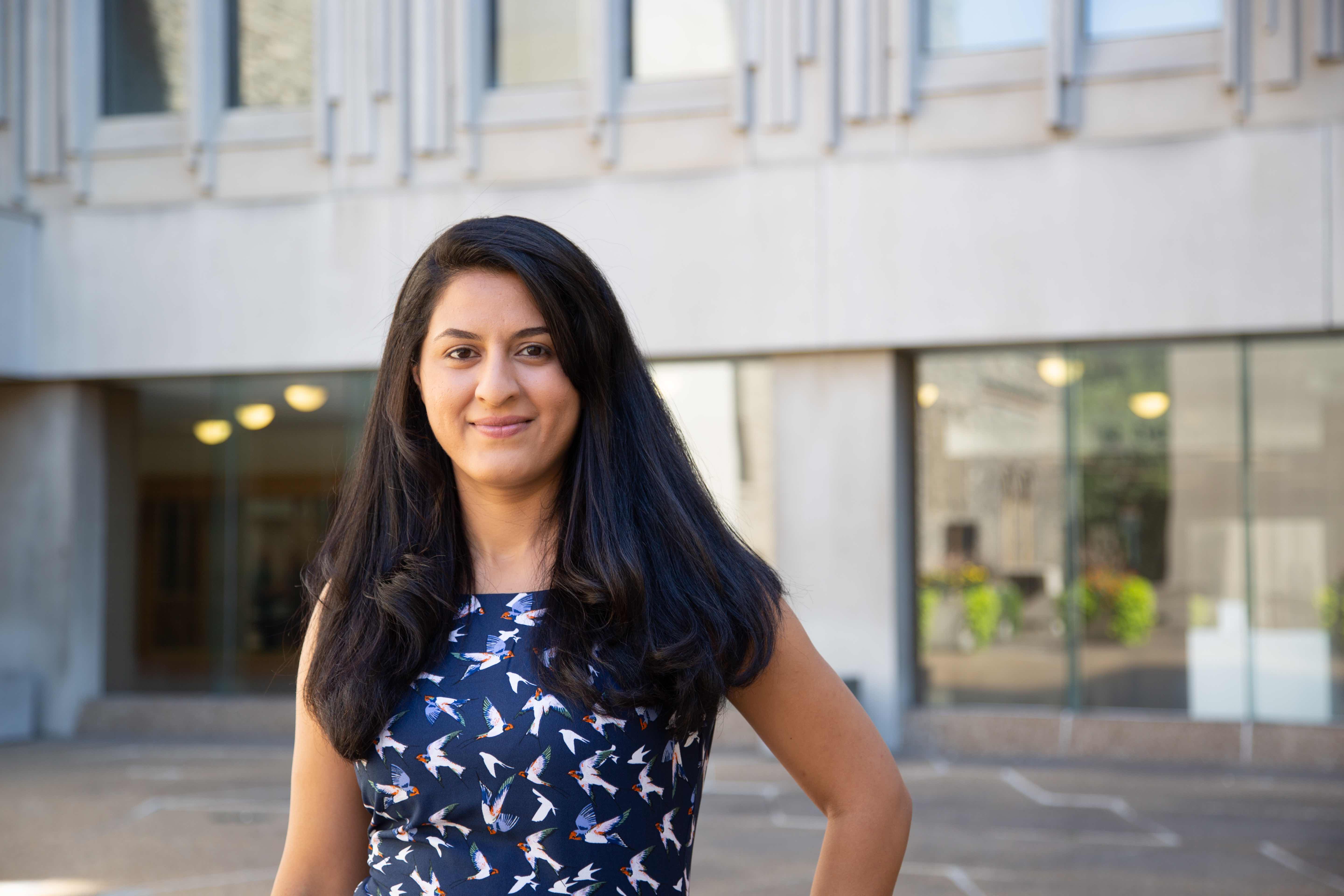
Sahar Zarabi
It was during undergrad that I realized how truly rewarding medicine is. As part of our undergrad curriculum, we enrolled in project courses and mine was in emergency medicine. I started my course with very little knowledge of medicine, but this changed quickly. I regularly went to the ward to talk to patients, their families and the healthcare team. Many patients were acutely ill, and having the privilege of talking to them and helping them in their most vulnerable state was truly rewarding. One memorable experience was when a doctor was trying to put braces on the hand of an older woman with a broken wrist. She was in a great deal of pain and I watched how kind, gentle and thoughtful the doctor was in easing the patient’s both emotional and physical distress. Moments like these inspired me to pursue medicine.
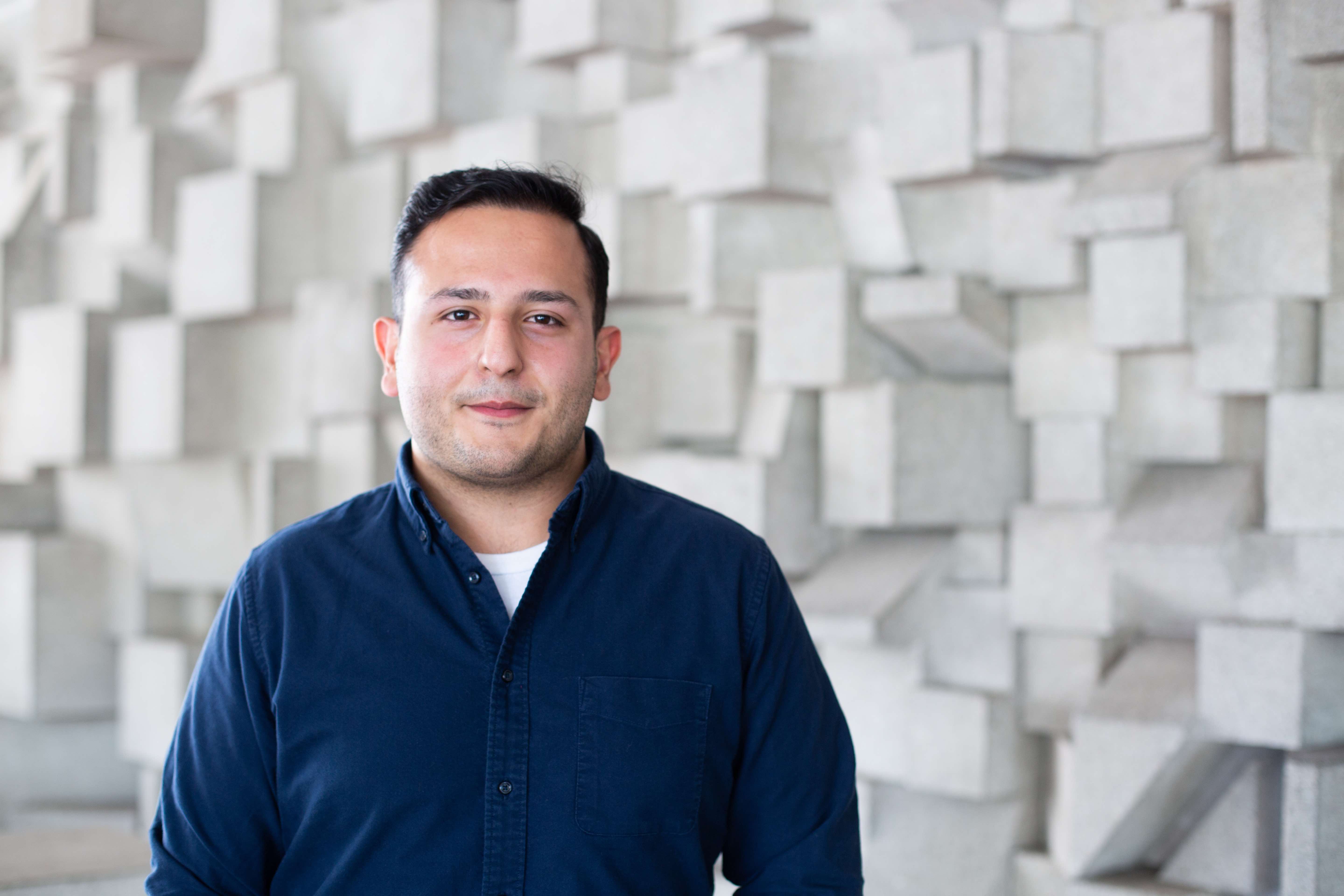
Sina Hadipour-Lakmehsari
I was diagnosed with cancer when I was 17 and this experience gave me a front row seat to the world of medicine as a patient. I was able to see how a multi-disciplinary team of doctors, nurses, nutritionists and social workers were able to work together to make my care as efficient and smooth as possible. The doctor’s role stood out the most to me. Their ability to orchestrate and facilitate my treatment and care - while being the point-person for any concerns or questions my parents or I had - fascinated me. With their guidance and support, I went through my treatments and surgeries successfully and I am now 7 years post-diagnosis and cancer-free. This was how I realized that I have a passion for medicine and I wanted to give back by having the same positive impact on patients and their families in my career.
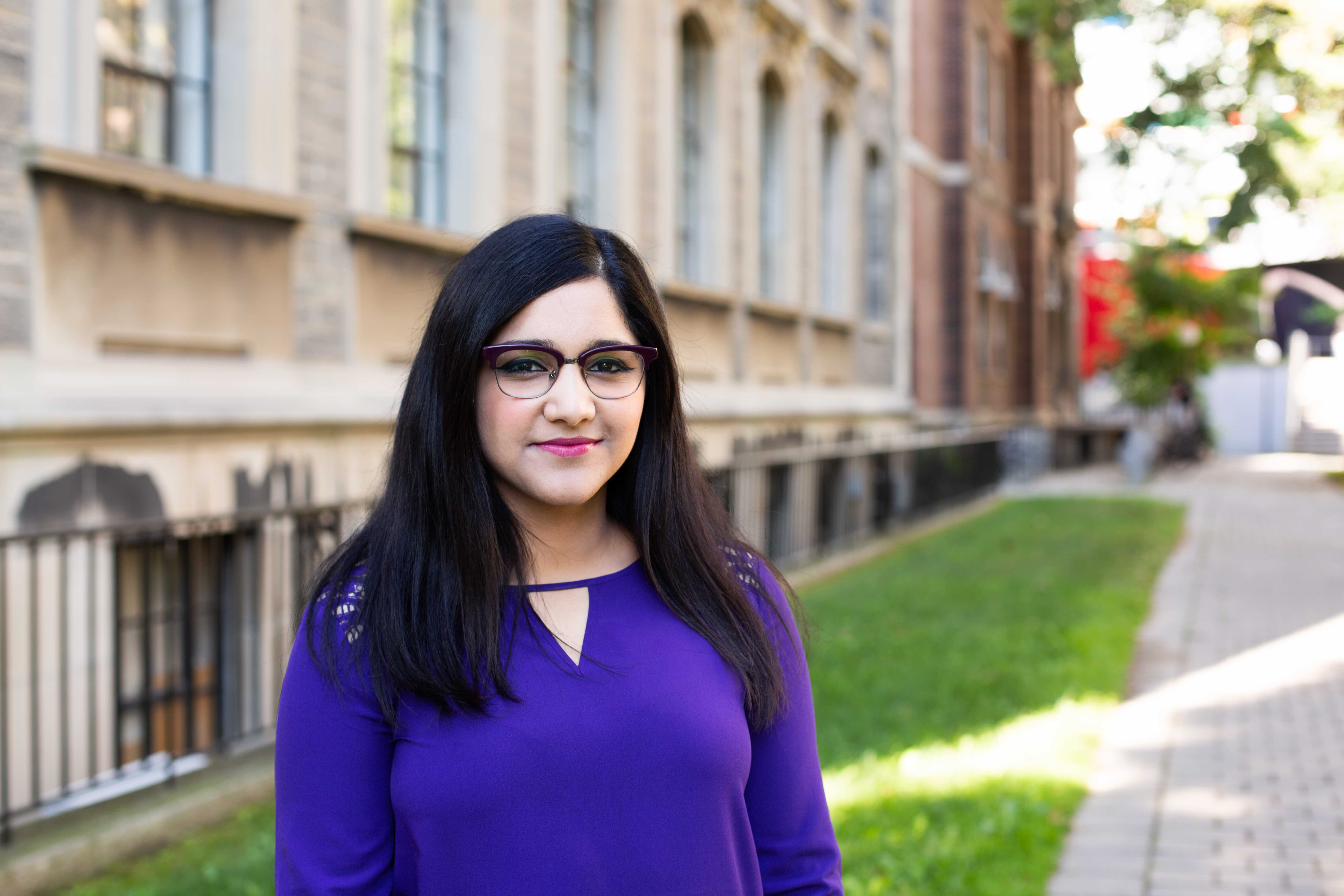
Sheza Qayyum
The more I learned, the more I realized that this profession is a combination of everything I love – teaching, solving puzzles, science, research, lifelong learning, leadership and even political advocacy. On top of all that, it’s a career built on the foundation of improving, saving and extending lives.
I volunteered for the Canadian National Institute for the Blind for 3 years and that taught me how valuable and unique the doctor-patient relationship is. I feel extremely lucky to be able to form this precious relationship with my patients one day, especially during this era of patient-centred care.
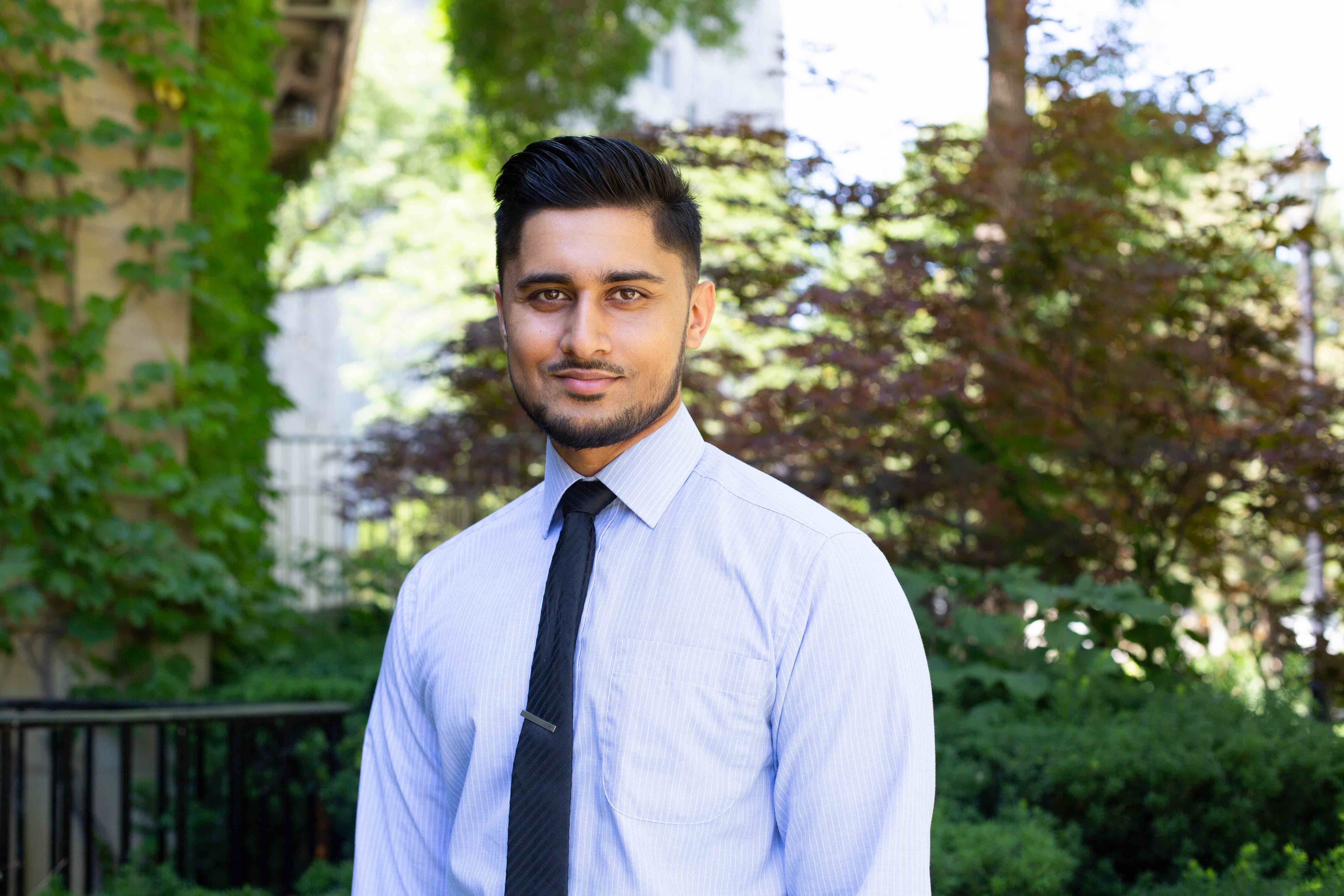
Anser Daud
From an early age, I have been taught that “Love of country is part of faith”and that service to humanity is a fundamental part of one’s faith. Our community is an advocate for universal human rights and protections for religious and other minorities. Our motto is "Love for All, Hatred for None". Knowing that there are vulnerable people - both globally and domestically - who are not as lucky as us, my faith has instilled in me the responsibility to use the opportunities I have been granted for the betterment of humanity, whether it be through research, service work, or advocacy. My family makes it a point to demonstrate these teachings through our patriotism, whether it means celebrating Canada Day with pride or serving vulnerable and needy people in the Greater Toronto Area. These are the very underlying values that have constantly driven my desire to pursue a career in medicine.
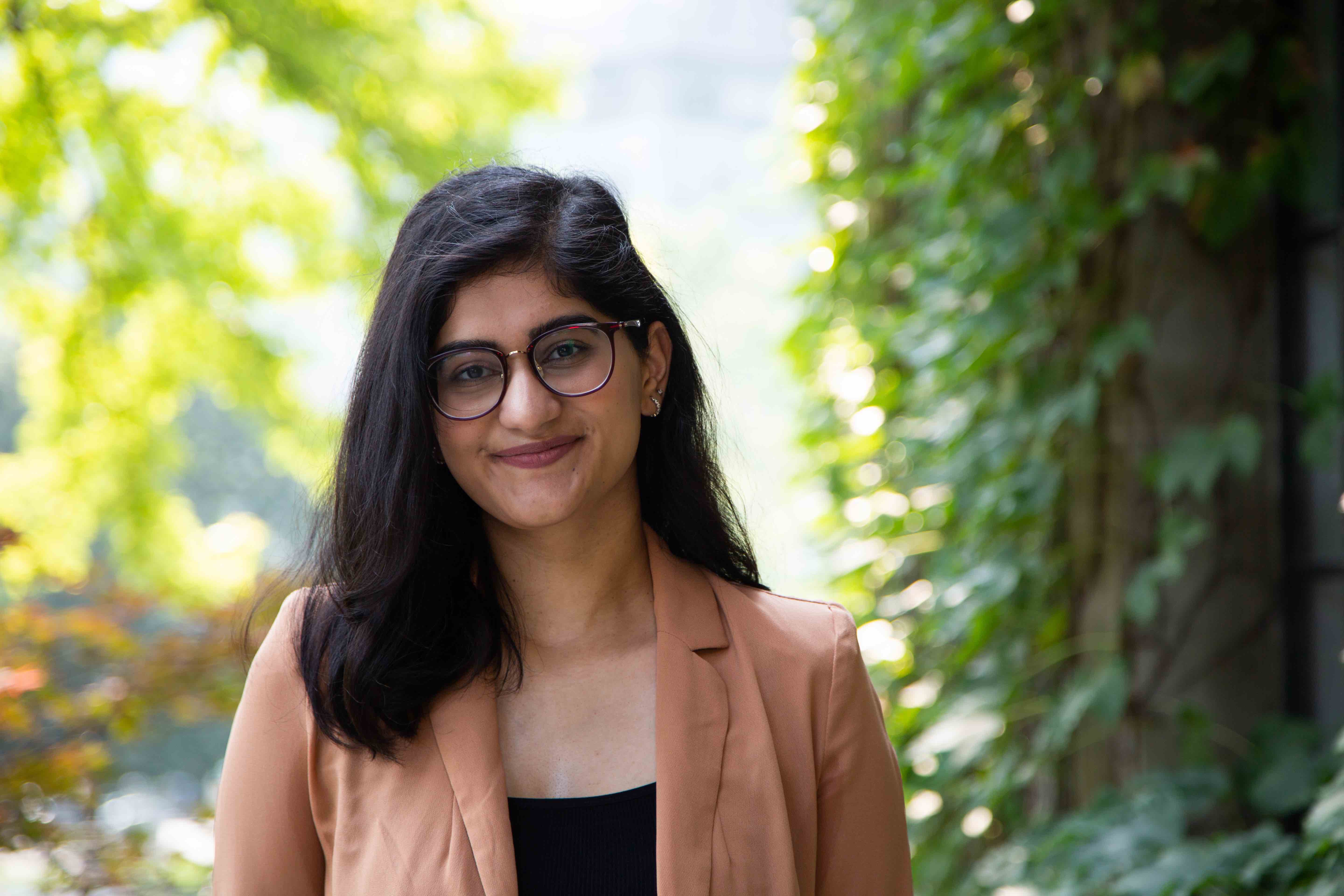
Mranali Dengre
I was always a ‘why’ child and this intrinsic curiosity led me to study the most fundamental of the medical sciences; molecular genetics. I had the opportunity to gain valuable insight into the cutting-edge technologies that could be harnessed for use in personalized medicine. It’s an area of research that I am passionate about and I think it has the potential to revolutionize patient care.
Simultaneously, I started working as a Pharmacy Assistant and had the opportunity to interact with patients from various walks of life. I deeply valued being directly involved with patients on their journey to health and realized that human intimacy was something that lacked in academia. There were many more experiences that led me to medicine but fundamentally, being a doctor meant that I could help bring new technologies from the bench to the bedside and directly contribute to patient care.
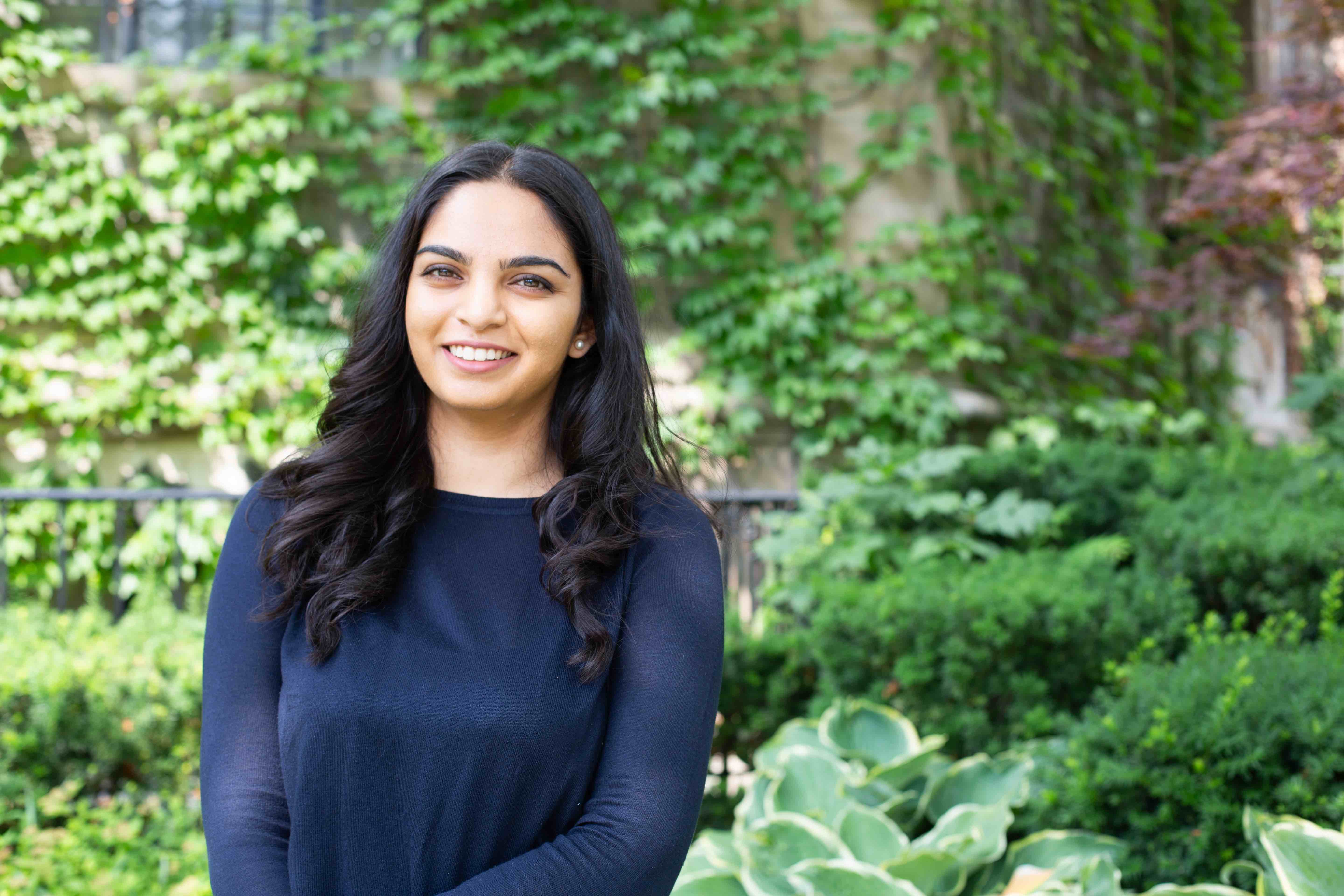
Nishila Mehta
For most of my life, I was interested in pursing a career in research. I found the idea of allowing my curiosity to steer my career very appealing. However, once I began to work in research, I realized I wasn’t satisfied with simply conducting a study, publishing a paper and moving on to the next project. What I found equally rewarding were my actual interactions with research participants and working through their individual needs and concerns, because I was able to have a direct positive influence on them. Throughout my undergraduate degree in Global eHealth, I also developed an interest in systems innovation, technology and health equity. As such, I began exploring for careers in which I’d be able to integrate research, working with people, and advocacy. After speaking with several healthcare professionals, I found the physician-scientist route to be the best fit!
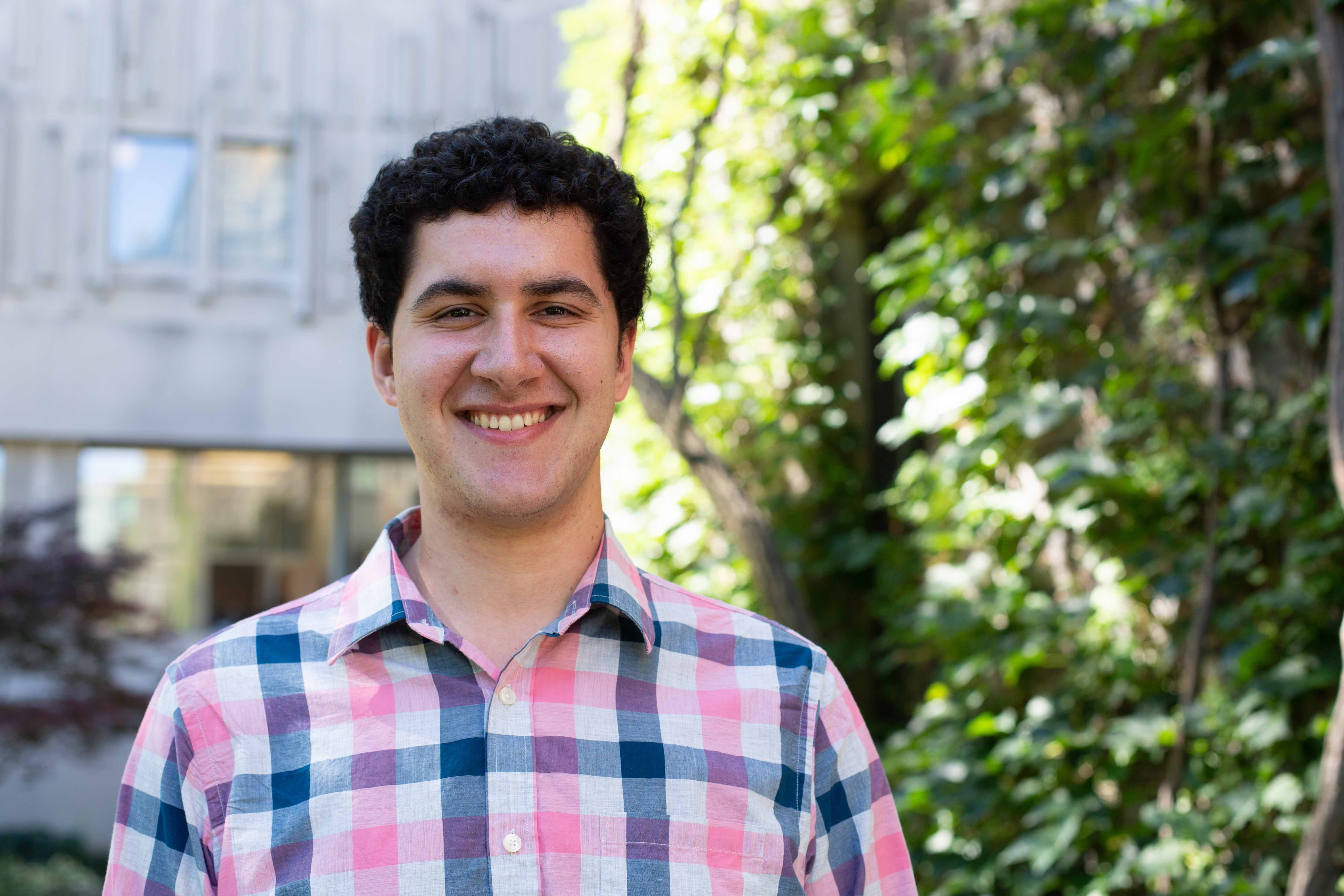
Zack Blatman
When I was thirteen months old, I was diagnosed with acute lymphoblastic leukemia. Luckily, I don’t remember much about what happened to me for the next 3 years while I was receiving treatment at SickKids. I remember constantly being poked by scary needles and prodded by doctors who were examining me. I remember going to the hospital to get chemotherapy and coming home feeling sick and tired. I remember, more than anything, always having a strong support system of healthcare professionals and family surrounding me. My past experiences with cancer have shaped me into the resilient, compassionate and appreciative person I am today. They have also inspired me to pursue a career in medicine in order to support others throughout their journey with illness, as I know firsthand what it is like to feel helpless, scared and uncomfortable in one’s own skin as a patient.
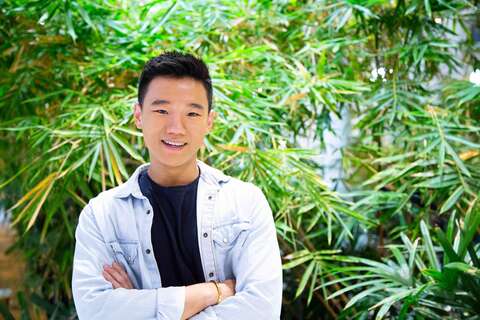
David Lee
Medicine combines my passions for healthcare and advocacy. I’ve been fortunate enough to have had the chance to advocate for students on both a provincial and university level in the past few years. Being a physician will allow me to make impact not only on a system level but also on a patient level, and that's what really drew me to it.
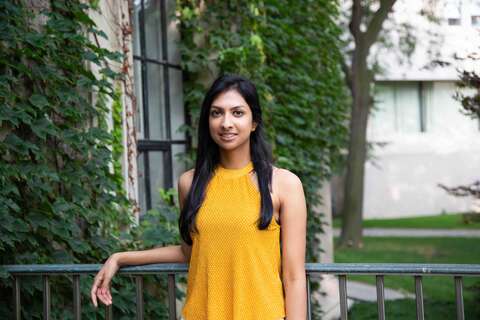
Mithila Somasundaram
I’ve always known that I wanted to help people, but I didn’t know in what capacity until I was 11 years old, when I lost my uncle to a heart attack. I was incredibly close to him and I admired him greatly, so his sudden passing really changed my outlook on life. It made me reflect on my purpose as a human being and the importance of helping others the way he did. He was the most selfless, loving and virtuous person I’ve ever met. I wanted to try to bring to the world at least half of the generosity and positivity he brought, which is why I decided to pursue a career in medicine.
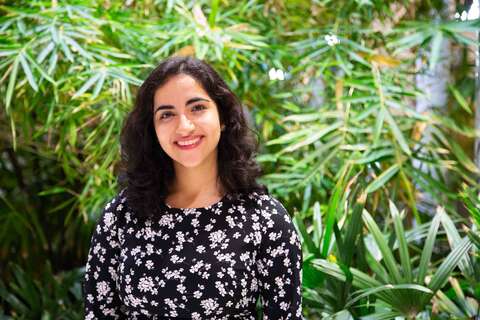
Ghazal Haddad
Growing up, I knew I loved learning about the human body and really enjoyed talking to people. As I learned more about medicine throughout my undergraduate career, I was strongly drawn to the leading role physicians play in managing the well-being of patients and was intrigued by the science swaying medical practices. My experiences came together in a deep desire to become a doctor and to contribute to real, positive changes in the well-being of individuals and communities.